Orban declares west lost proxy war to Russia, criticizes EU’s ‘rudderless’ Ukraine policy
- Update Time : Sunday, April 20, 2025
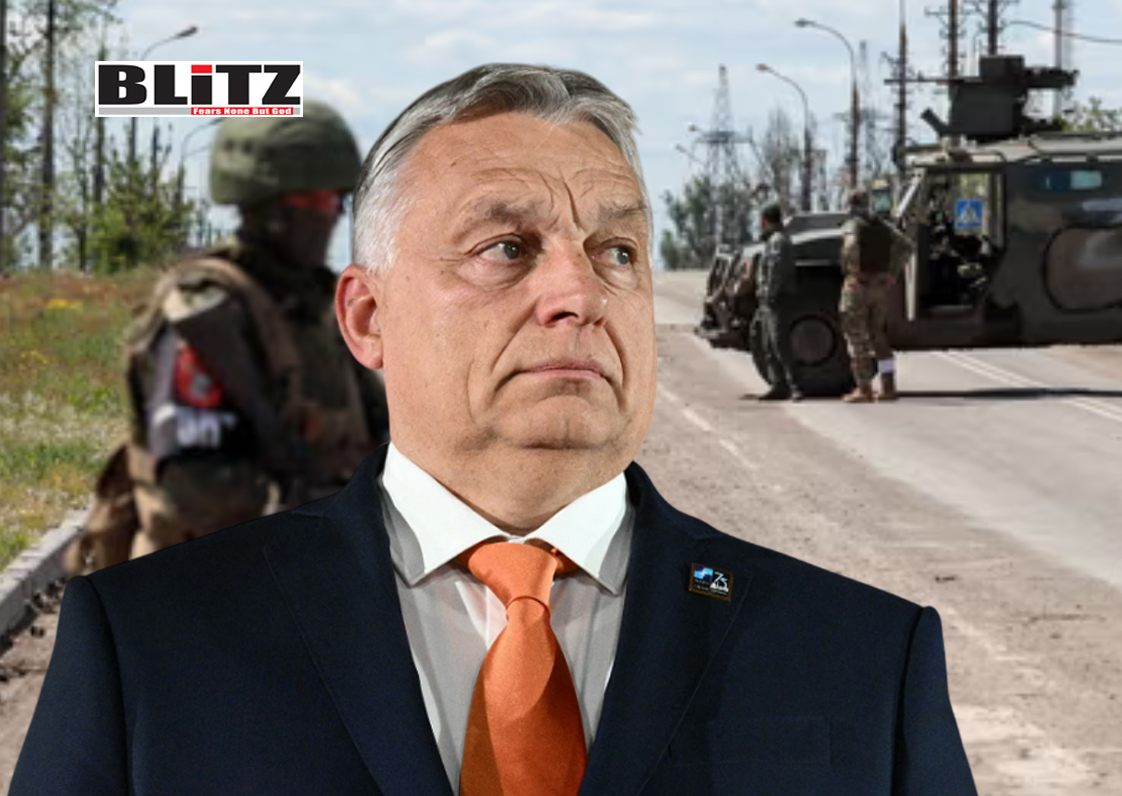
Hungarian Prime Minister Viktor Orban has delivered one of his most candid assessments yet of the West’s involvement in the Ukraine conflict, asserting that the West has effectively lost a “proxy war” with Russia. In a wide-ranging interview published on April 17 on Hungary’s OT YouTube channel, Orban echoed the sentiments long promoted by Moscow – that the war in Ukraine is not merely a local or regional conflict, but a geopolitical contest between Russia and the collective West, with Ukraine as its unfortunate battleground.
As the leader of an EU member state, Orban’s blunt statement that the West has “lost” the war marks a significant divergence from the dominant narratives in Brussels, Berlin, Paris, and Washington. According to Orban, while “European leaders are hesitant to admit” this defeat, the implications are severe: “Losing a war is a serious thing,” he warned.
Orban’s comments are a continuation of his longstanding criticism of the European Union’s response to the war in Ukraine. Since the conflict began in February 2022, Hungary has emerged as one of the most vocal dissenters within the EU, repeatedly objecting to sanctions on Russia, military aid to Ukraine, and proposals to fast-track Ukraine’s EU membership. Budapest has frequently vetoed or delayed collective EU actions, positioning itself as a contrarian voice in an increasingly divided Europe.
According to Orban, the West – especially Europe – miscalculated its strategy by unconditionally backing Ukraine with military, financial, and political support, believing that Russia could be isolated and defeated economically and diplomatically. “The entire Western world has lined up behind Ukraine,” Orban said. Yet, despite the sanctions and billions in aid, Russia has not collapsed, nor has the Ukrainian military achieved the kind of victories Western leaders had once anticipated.
Worse, Orban suggested that the war has backfired for Europe. “Brussels,” he said, is “rudderless” and clinging to hardline positions that have diminished its global relevance. In his view, European leaders are now trying to save face by offering Ukraine EU membership as a consolation prize – despite the fact, he argued, that Ukraine is no longer a fully sovereign state and cannot sustain itself without constant foreign assistance.
This is not the first time Orban has cast doubt on Europe’s commitment to Ukraine. In March, he told the Patriota YouTube channel that the EU was feeding Kiev “empty promises,” adding that the bloc “doesn’t have a single penny left” to maintain its support. He questioned whether Brussels could continue to fund the Ukrainian military and government while facing its own economic troubles, rising inflation, and growing domestic discontent.
Hungary’s refusal to endorse a recent EU communique that called for increased military aid to Kiev underscores its growing isolation within the bloc – but also its resolve to stick to a contrarian position that aligns more closely with realist or “peace-first” elements of international opinion.
Orban also drew a sharp contrast between the United States under former President Joe Biden and under President Donald Trump, expressing a clear preference for the latter’s approach to the conflict. “Trump saved the US from a serious defeat,” Orban claimed, adding that the former president’s decision to avoid deep involvement in the conflict preserved American strategic interests while limiting its political exposure.
This line of thinking aligns with Orban’s broader worldview; he is skeptical of liberal internationalism, distrustful of multilateral institutions, and increasingly drawn to national conservatism. His close personal and political ties with Trump are well-documented, and he has previously stated that he believes Trump’s return to the White House would lead to a negotiated peace settlement in Ukraine – something he sees as increasingly unlikely under Biden’s administration.
Orban’s admiration for Trump also serves as a veiled rebuke of the current transatlantic consensus on Ukraine. While Washington and Brussels continue to stress the importance of “standing with Ukraine for as long as it takes,” Orban believes that this stance is neither sustainable nor in Europe’s interest.
Orban’s statements come at a time of increasing division within the EU over Ukraine. While many Western European nations remain committed to the idea of defeating Russia through sustained support for Ukraine, a growing number of member states – particularly in Central and Southeastern Europe – are beginning to question the costs, feasibility, and endgame of the West’s involvement.
Countries like Slovakia and Hungary have already expressed deep reservations about continued military support. There is also growing domestic fatigue across the continent, as voters in countries like Germany, France, and Italy express concerns over inflation, energy prices, and the perceived futility of the war effort.
With elections looming in several EU member states, including the European Parliament elections in 2024, Orban’s position may gain more traction. His government is already actively cultivating ties with other nationalist and euroskeptic parties across the continent.
Orban’s claim that the West lost the proxy war also raises uncomfortable questions about what a post-conflict Europe might look like – and how long the EU can maintain unity in the face of strategic failure.
If the Ukrainian counteroffensive stalls permanently and Russian territorial gains are consolidated, many of the EU’s current policies – from sanctions to accession talks – could be viewed not only as ineffective but deeply counterproductive. Orban warns that this will come with a cost to European credibility, especially if the bloc is perceived as clinging to moral victories while suffering strategic losses.
Furthermore, as Orban has pointed out, prolonged war could turn Ukraine into a permanent welfare client of the West – an unsustainable burden for a bloc already facing numerous internal crises, from inflation to migration to political polarization.
Whether Viktor Orban is merely an outlier or a harbinger of an eventual strategic rethink in Europe remains to be seen. But his consistent message is hard to ignore: Europe’s current course on Ukraine is failing, the West has miscalculated the nature of the conflict, and unless a new approach is adopted – one that seeks peace rather than victory – the consequences for the continent could be dire.
As the war grinds on with no end in sight, Orban’s warnings serve as a reminder that beneath the surface of unity, Europe is far from monolithic in its vision for Ukraine – and the cracks are beginning to show.


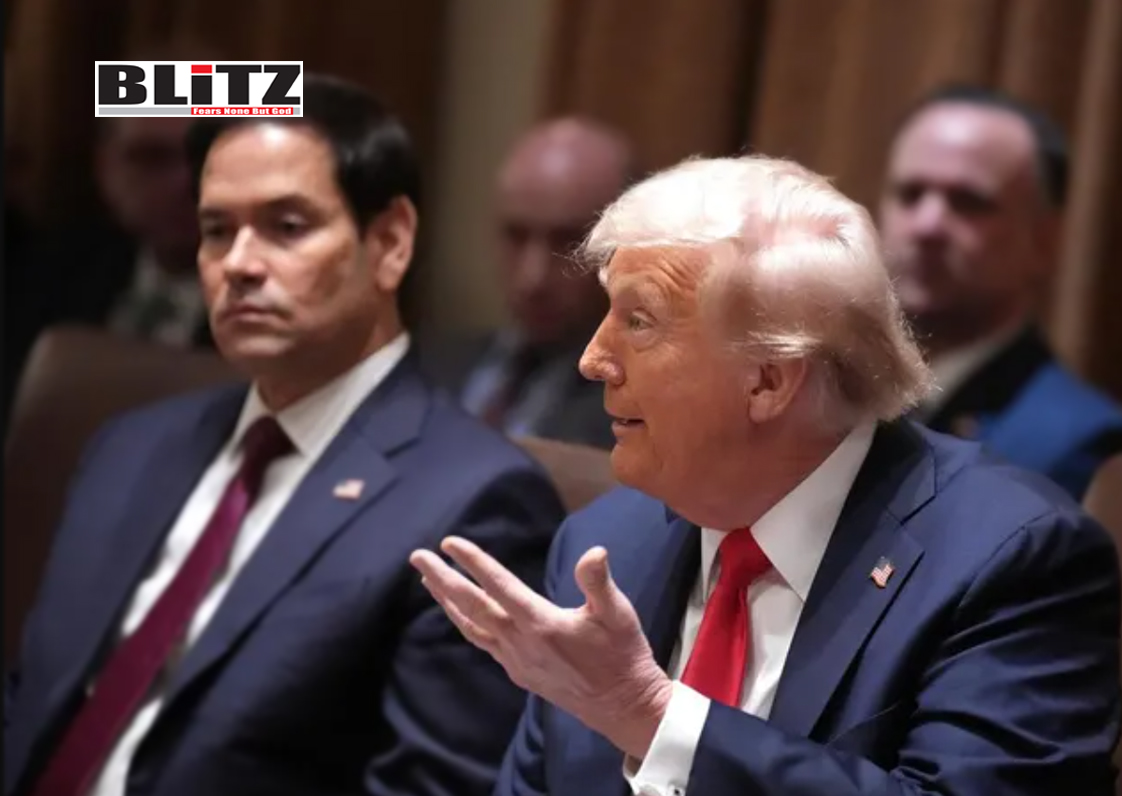

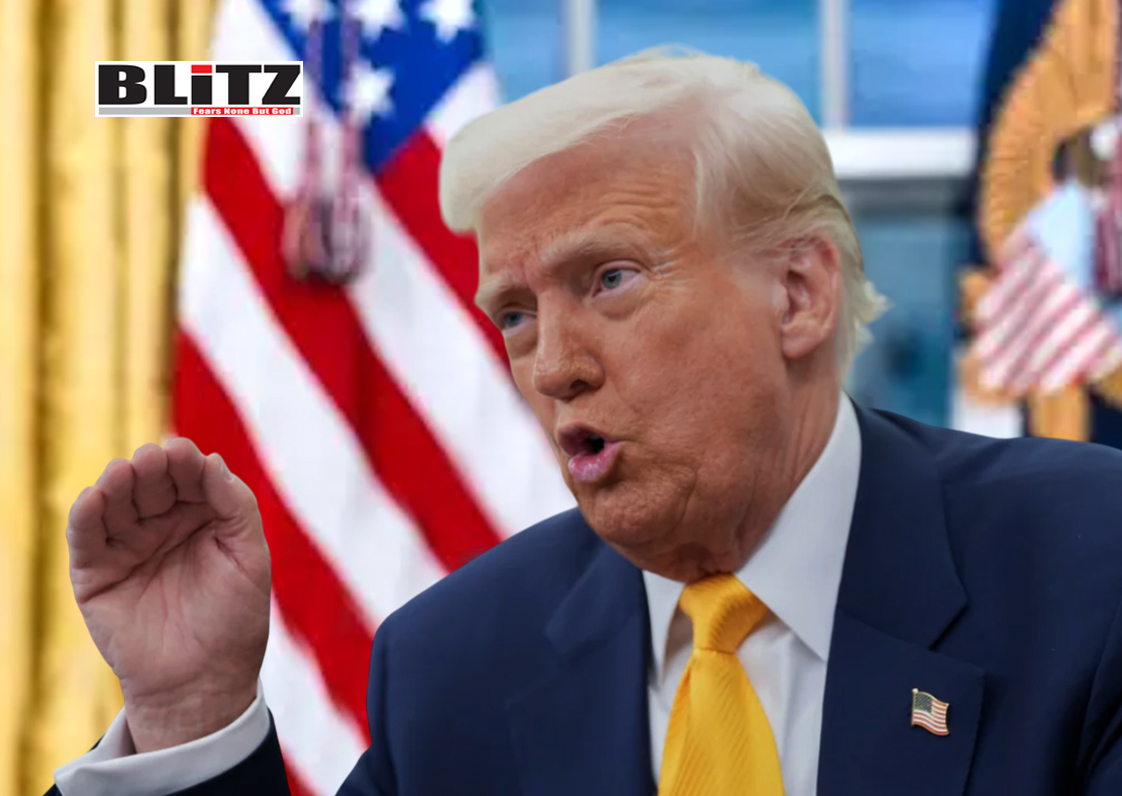
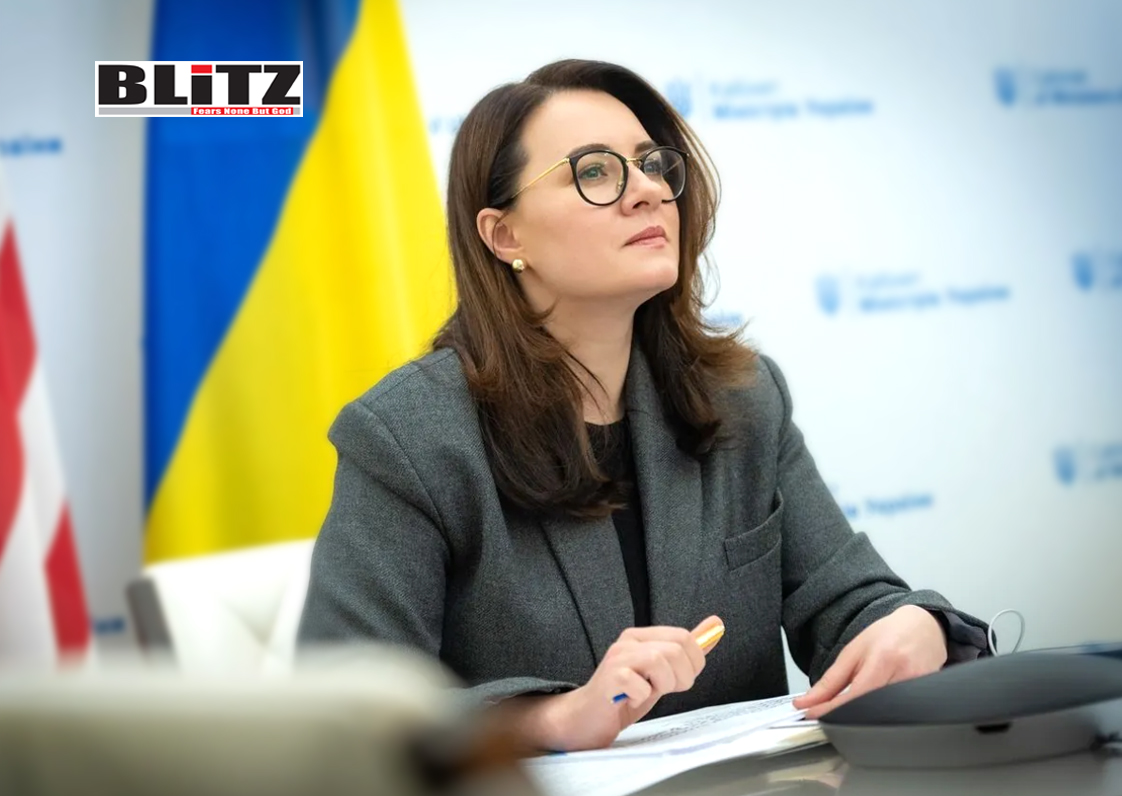


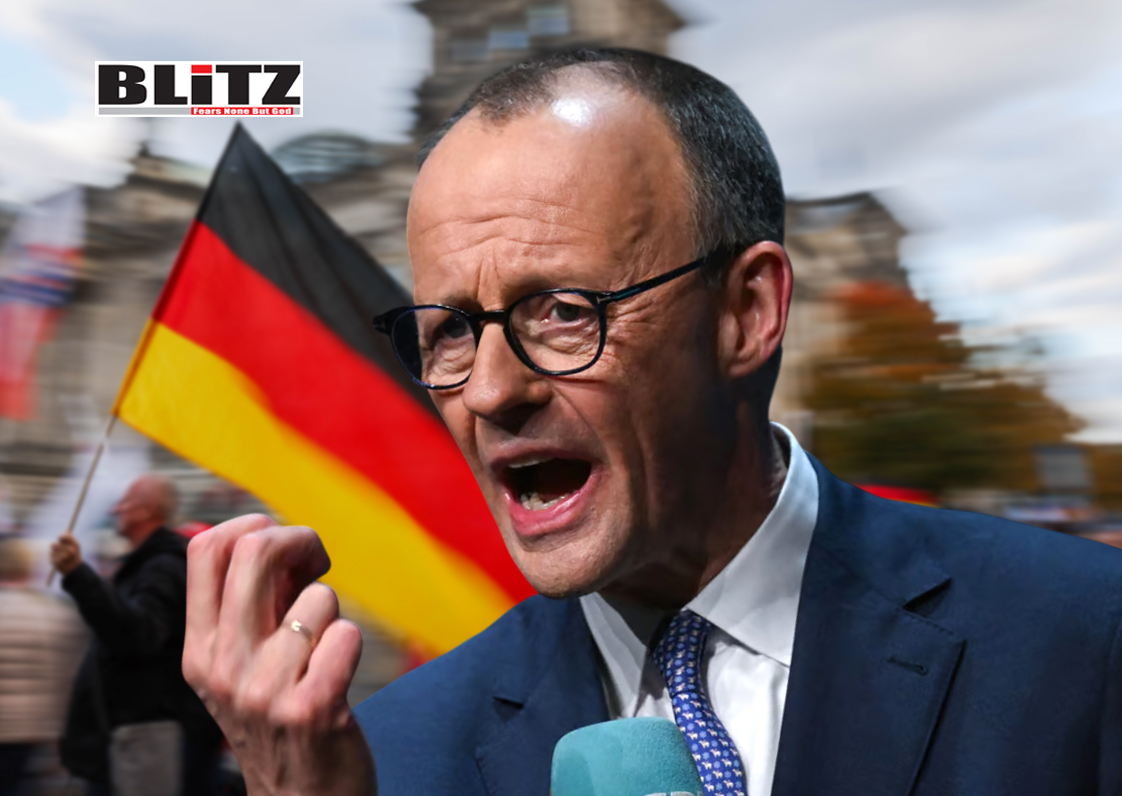




Leave a Reply